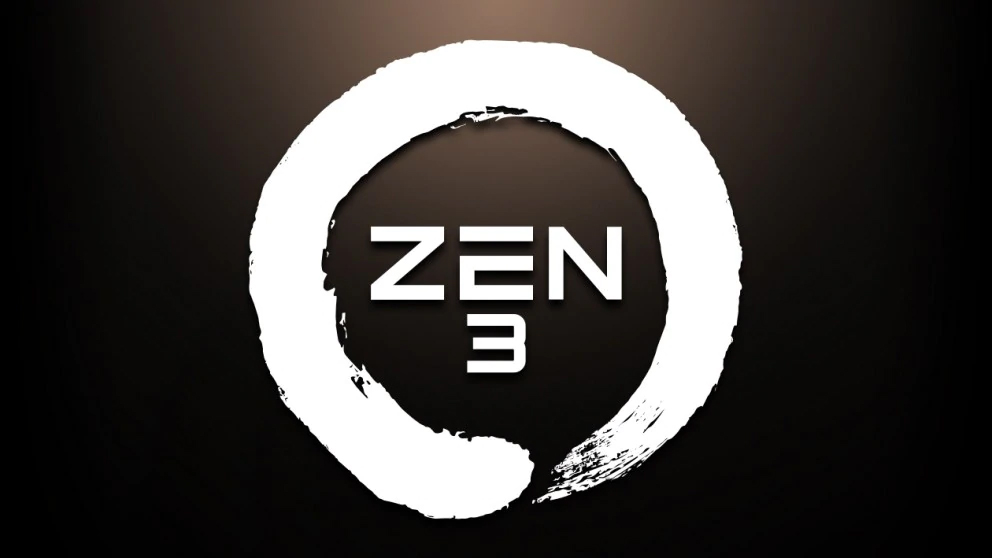Image: AMD
It might be time for that CPU upgrade. During today’s Zen 3 event, AMD CEO Dr. Lisa Su unveiled her company’s latest 7 nm desktop processors: the Ryzen 9 5950X, Ryzen 9 5900X, Ryzen 7 5800X, and Ryzen 5 5600X. These CPUs boast higher max boost clocks and an impressive IPC uplift of 19 percent.
The performance of the Zen 3 architecture is so great, in fact, that AMD is billing the Ryzen 9 5950X and Ryzen 9 5900X as the fastest gaming processors on today’s market. Benchmarks presented by red team show that its Ryzen flagship edges out Intel’s Core i9-10900K in titles such as Shadow of the Tomb Raider and Total War: Three...
Continue reading...
